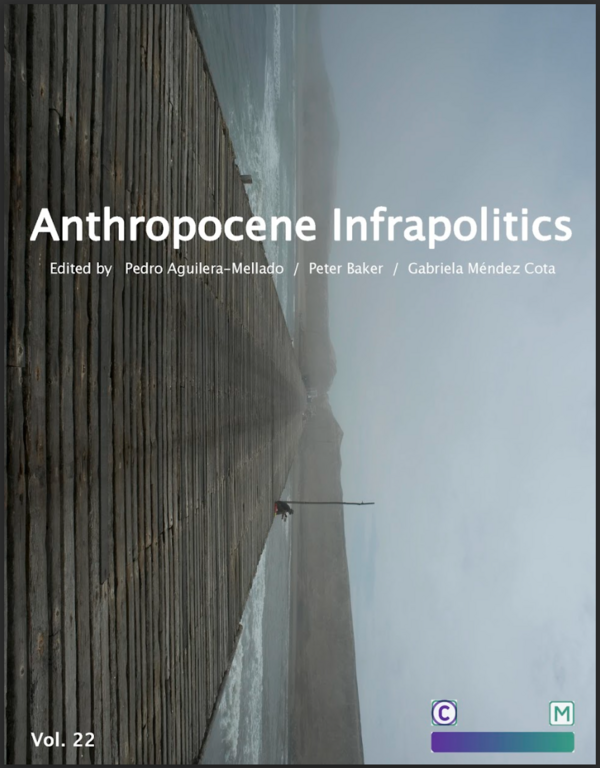
Professor Pedro Aguilera-Mellado co-edited together with his colleagues Peter Baker (University of Stirling, UK) and Gabriela Méndez Cota (Universidad Iberoamericana, Mexico) the special issue titled "Anthropocene infrapolitics" in the journal Culture Machine.
Since Paul Crutzen suggested the term in 2000, ‘the Anthropocene’ has become established as a narrative frame for the convergence of numerous discourses and collections of data exploring the reach, as well as the limits, of human agency within inherently dynamic Earth processes. This volume of Culture Machine arrives in the wake of a decade-long acceleration of Humanities discourse on the Anthropocene, the radical implications of which remain, in our view, unthought.
Already in 2016, Cohen, Colebrook and Hillis Miller thought of the Anthropocene as a twilight concept: ‘a form of half-recognition that can only occur in the moment of waning’. They noted that even if the idea of the Anthropocene had fully exposed the fictions of Cartesian Man, its paradoxical effect had been to stir, almost immediately, a production of counter-narratives, most of which failed to question narrative as such. In other words, the boom of the post-human and the non-human, alongside so many political challenges to the universalizing claims of the Anthropocene, most often provided a way of sustaining the human as a problem. By contrast, Cohen, Colebrook and Hillis Miller called on us to ask about the ways in which technical modes of inscription produced ‘the Anthropocene’ as a masculinist delusion of self-erasure and anthropo-political narrativizing.
Almost a decade later, the unrelenting chaos associated with the Anthropocene still calls for intellectual responsibility, but structural difficulty persists in (and beyond) university discourse. If the latter is characterized, in our time, by a political saturation, the structural difficulty concerns finitude as such, the experience of which increasingly converges with technological acceleration and the threat of human extinction. The question insists: is the Anthropocene above all a political question, a question of narrative? Broadly conceived as the absolute difference between life and politics, between being and subjectivity, between writing and narrativizing, infrapolitics gives way to the task of thinking existence in the ‘epoch without epoch’ that is now framed as the Anthropocene.